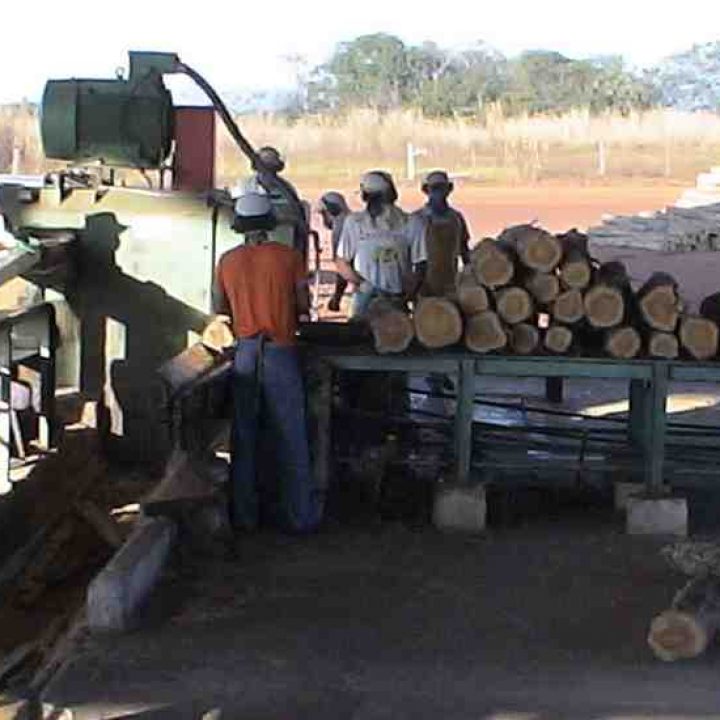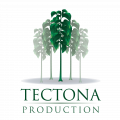
Wood can be illegal in many ways:
- The tree is felled outside the permitted forest area.
- The felling exceeds the permitted amount.
- The felling includes tree species, it is forbidden to fell or negotiates.
- Permits etc. is issued after bribery or corruption.
- The rights of forest workers have been violated.
- The traditional rights of local people are not respected.
- Relevant taxes and fees are not paid.
